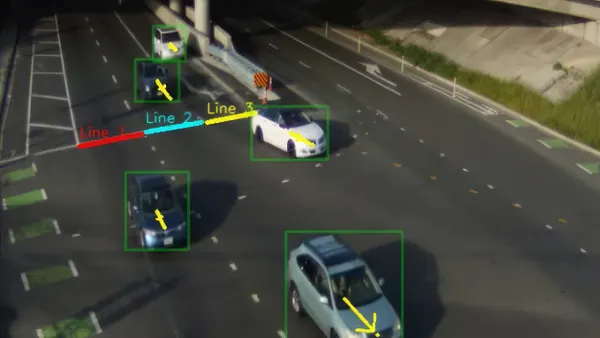Dive Brief:
- San Francisco will make Microsoft 365 Copilot Chat available to nearly 30,000 city employees, becoming the largest U.S. city to offer the service to its workforce, it announced July 14.
- The AI tool, powered by San Francisco-based OpenAI’s GPT-4o large language model, will help employees “spend more time delivering services” by speeding administrative work such as summarizing documents and analyzing data, according to the city. The integration follows a pilot program in which more than 2,000 city employees used the technology and reported productivity gains.
- The city updated its generative AI guidelines ahead of the rollout, making staff accountable for any materials they use or share and incorporating the city's transparency ordinance to provide “full visibility” into the city’s use of AI.
Dive Insight:
State and local government use of AI has roughly tripled since 2020, from 13% to 45%, according to a survey of government IT leaders. Questions surrounding cybersecurity and clear guidelines for the technology have lingered, however.
A survey of IT leaders in late 2024 found that 38% believed their local government was “not prepared at all” to use AI. And while some localities have quickly embraced the technology, others have approached it with “the utmost caution,” a 2024 ICMA report found.
AI developers are looking to alleviate public-sector concerns. OpenAI, one of the largest AI companies in the U.S., launched its “OpenAI for Government” initiative in June, promising “our most capable models within secure and compliant environments” for the public sector. The Copilot Chat San Francisco is using also operates on “a secure Microsoft Government Community Cloud platform with enterprise-grade data protections,” according to the city. The city’s Department of Technology is launching a five-week training program with Microsoft to prepare its city workforce to “maximize the benefits of Copilot Chat,” it said.
Commenting on OpenAI’s government initiative in June, Steven Tiell, global head of AI governance advisory at the SAS Institute, said “robust AI fluency training” for government employees is important.
“With AI providers starting to offer protected environments for public sector customers, it’s still unclear how data shared through prompts might someday be used to train models,” Tiell told American City & County in a June email, “so just as in healthcare, banking, and other regulated industries, care needs to be taken by public servants in what kind of information gets shared through prompts.”
The potential benefits of AI in local government, however, “are immense and exponential,” Tiell said.











